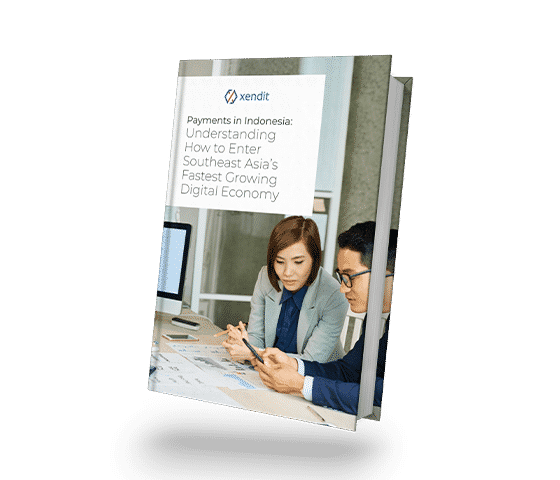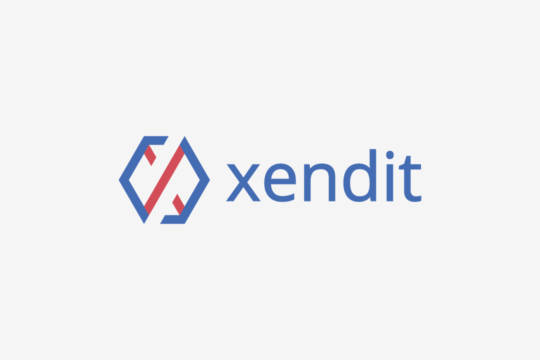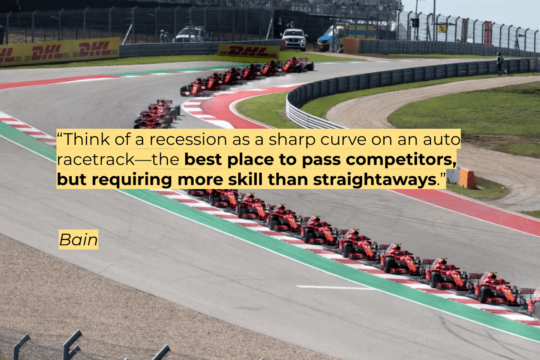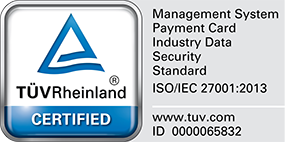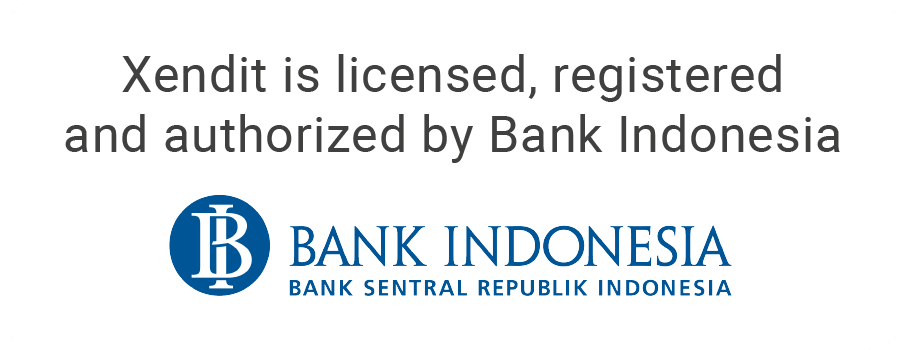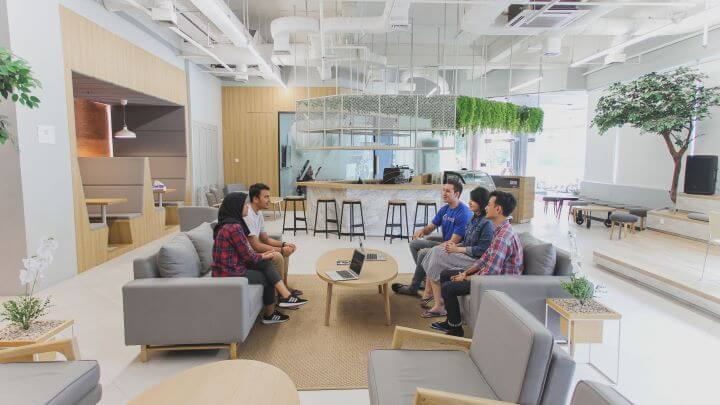
Xendit has a distinctly unique and purposeful hiring process. We have all candidates do trial day(s) where they spend 1-5 days (depending on seniority/complexity) with us working on a real life project. The process allows candidates to get a feel for what it will be like to work at Xendit, meet the people they’ll be working with and allows us to see how they’ll perform day to day.
Background
We used to interview like most companies did: 3 interviews, a case interview and then offer. We had our favourite set of questions and would score people across those questions with some veto flags for culture. If people displayed strong work ethics, proven ownership mentality and seemed smart, we’d hire. We found that the correlation between our guess and performance in the org over time was about 60-80%.
We put a lot of effort into our hiring process, and keeping xenpeeps in our family – and so the quest to increase our confidence in projected performance began!
Moses (CEO and co-founder) experienced a trial week way back when he applied for a job at Coinbase. Moses recounted his experience of working for a day at the office to plan a strategy for a given project. His day was full of interviews and conversations, and he experienced a hectic fervour until his presentation time.
We thought we’d give it a go! We were told that, in Indonesia at least, trial days were a very new concept and there was a lot of doubt about our ability to convince people to do it. Well, if there’s one thing that xenpeeps are notorious for, it’s breaking that glass ceiling and proving anyone who says “you can’t” wrong.
Since mid-2016, we’ve been forcing trial days for every role across the org. Over the past 3 years, our ability to predict continued success is upwards of 95% and we can normally predict what performance quartile a candidate will end up in. This increased reliability in this confidence rating has been invaluable for assigning scope of work and knowing how to best deploy talent. We initially faced questions from the market (which self selected for humble people) and our reputation now precedes us in how high our bar is for candidates.
Outcomes for trial days
Candidates get to meet a vast array of the xenfam throughout their trial via formal and informal ways – this delivers a genuine “day in the life of” experience. We hope that if you intend to devote 2+ years of your life to a company, you should be willing to spend at least 1 day with us to see if you are down for our life. We aren’t for everyone after all!
We’ve found trial days help on a few fronts:
- Culture filter – Trial days lets people see our craziness. Over the years, candidates are amazed by how friendly our people are, how tight the culture is, the noise levels, that people “shuffle” instead of walking (coz we got shit to do and places to be) and inevitably someone gets thrown into a pool. This is a really important two-way evaluation – we all want to make the right choice for our future (Xendit and candidate alike)
- Hard skills – We found that interviews biased positively towards candidates who were articulate and could bullshit well. While that’s a useful skill, it’s not 100% correlated to success. Trial days see candidates actually flex their hard skill muscles (e.g. PMs write user stories, interview customers and recommend features, engineers write specs, solve problems and start coding). This experience and required output is much harder to fake your way through, and so has been a great predictor of future success.
- Soft skills – Throughout the day candidates meet about10 xenpeeps, the need to present their work to others, have opportunities to ask questions and even just hang with the team. We have the privilege of getting a sneak peek into how candidates interact with others: Are they political? Are they succinct? Are they talkers or do they ask questions? How do they present? Do they ask the right questions? Can they answer unexpected questions on the fly?
- Self selection out – We’ve had candidates leave after 3 hours and never come back. We’ve had candidates not bring computers. We’ve had candidates arrive at the presentation and say they couldn’t get anything done because they were overwhelmed. We’ve also had situations where we had great, competent candidates but thought we were “too crazy”, and so they bowed out. In our mind, these are great outcomes – we’d rather people self select out at trial stage than after we hire them.
Trial Days in real life
I’m assuming you’ve made it this far because you have an upcoming trial day scheduled. You’re in the right place! While trial days for each role is uniquely different, there are some components to get right (based on 3 years, >200 hires and a few failures! 🙂
Preparation
At the beginning of your trial day, candidates are presented with a custom trial doc that has been specifically designed for the role that they are interviewing for. Your hiring manager will walk you through the trial outcomes and give you the opportunity to ask questions and get your bearings for the task/s ahead.
Candidates work on REAL problems we’re having or recently went through. We tried stock ones but found our team got bored and interviews became a chore. Instead, with real problems we’re facing, we get the chance to see both the speed and the quality of the candidate’s work. We standardise per role, so we can fairly compare multiple candidates apple-to-apple. Our trial docs contain context, tasks, calendar schedules, and lists of people to meet with what to ask.
Meet lots of people – we expect our candidates to drive the conversations with xenpeeps and come prepared to ask relevant questions to get the desired answers. This “reverse” interview actually is pretty beneficial. Most people don’t prepare for reverse interviews so we get to see raw smarts/questions. The questions people ask are very insightful into how they prioritise, how they approach problems, and what they care about. Then we add the sure quantity of people formally and informally (lunches/dinners/coffee). This gives a fairly large base of opinions. A culture veto by anyone means the person isn’t joining.
Be part of the team – our philosophy is “a day in the life”. So candidates sit with us. Laugh with us. Eat with us. This is costly on the existing team’s time. But we follow the golden rule so we do to others what we would want them to do to us. It means both sides get a real feel for what life would be like together.
Admin – in our earlier days we winged this. It’s a waste of time for a candidate to be spending their first valuable hour at xendit setting up access and ramping up on tools vs thinking through the problem. Some candidates will be sent a list of programs to pre-install or what to bring to their trial day, to ensure they can hit the ground running.
Think you’ve got what it takes?
Find out and apply to our current openings today

